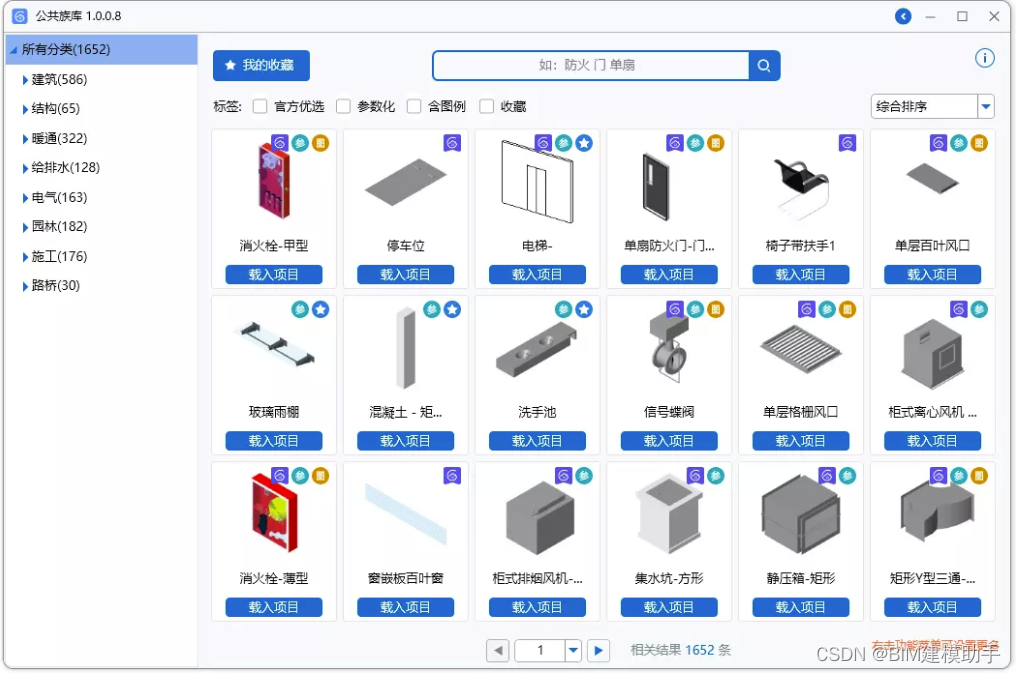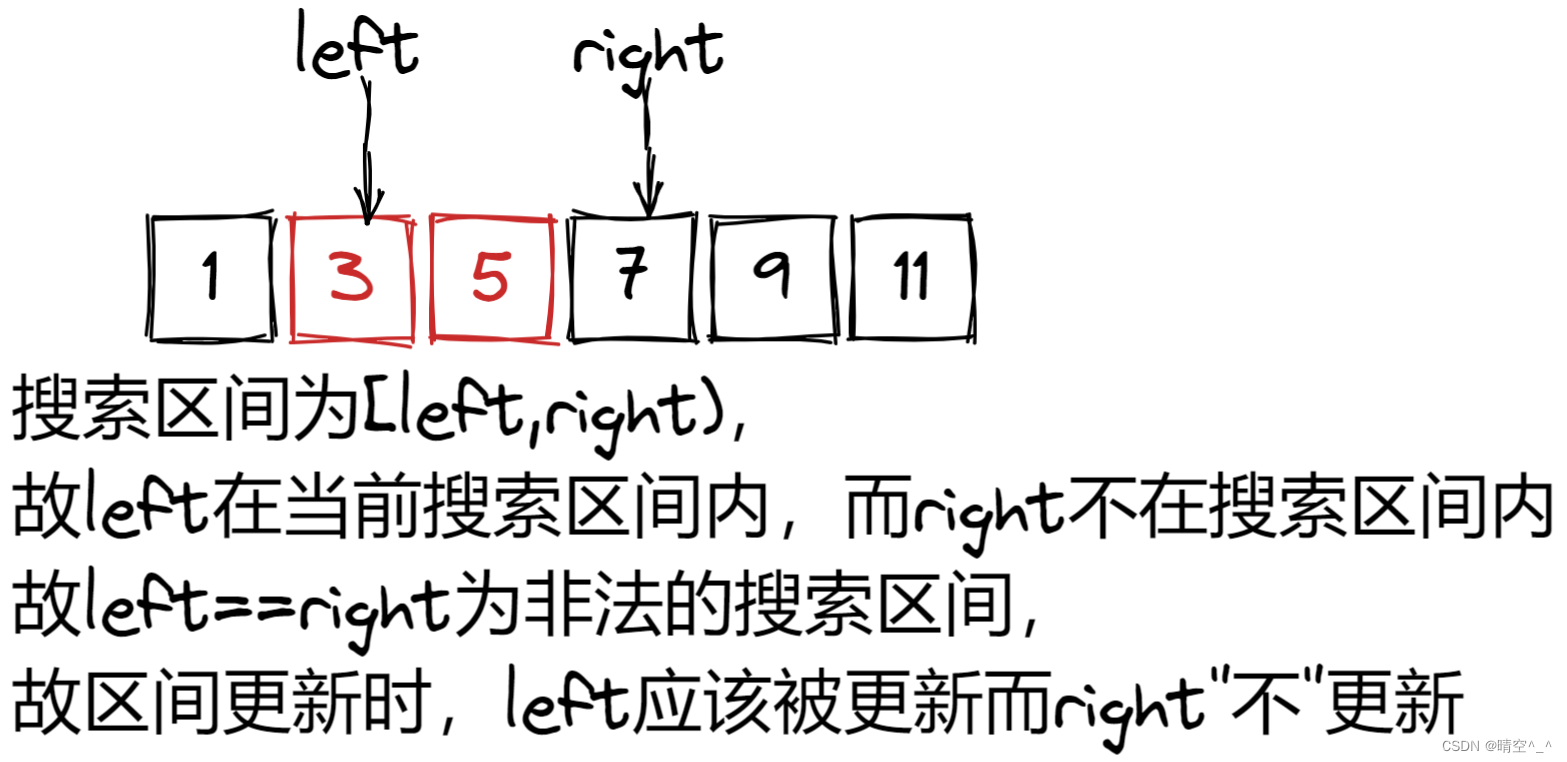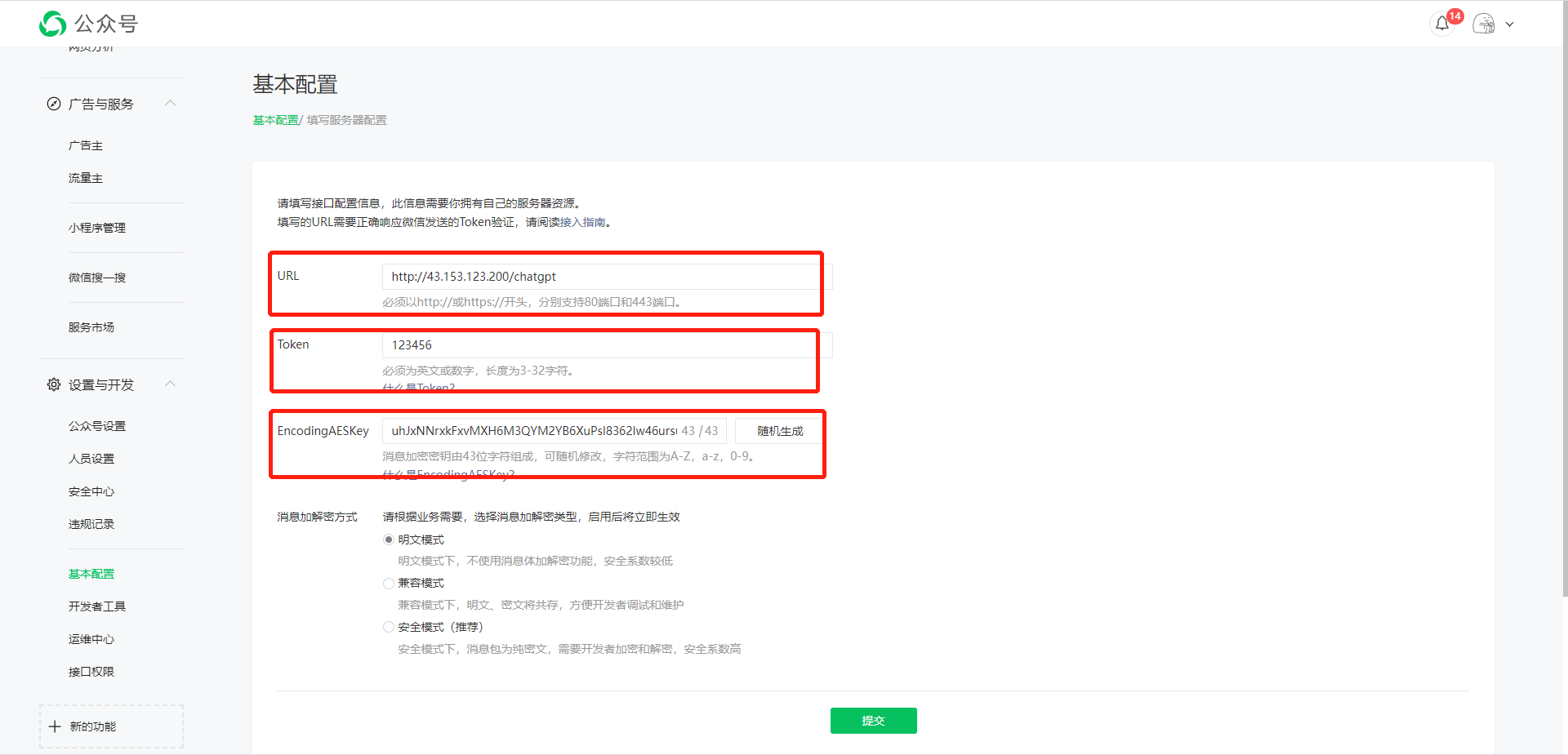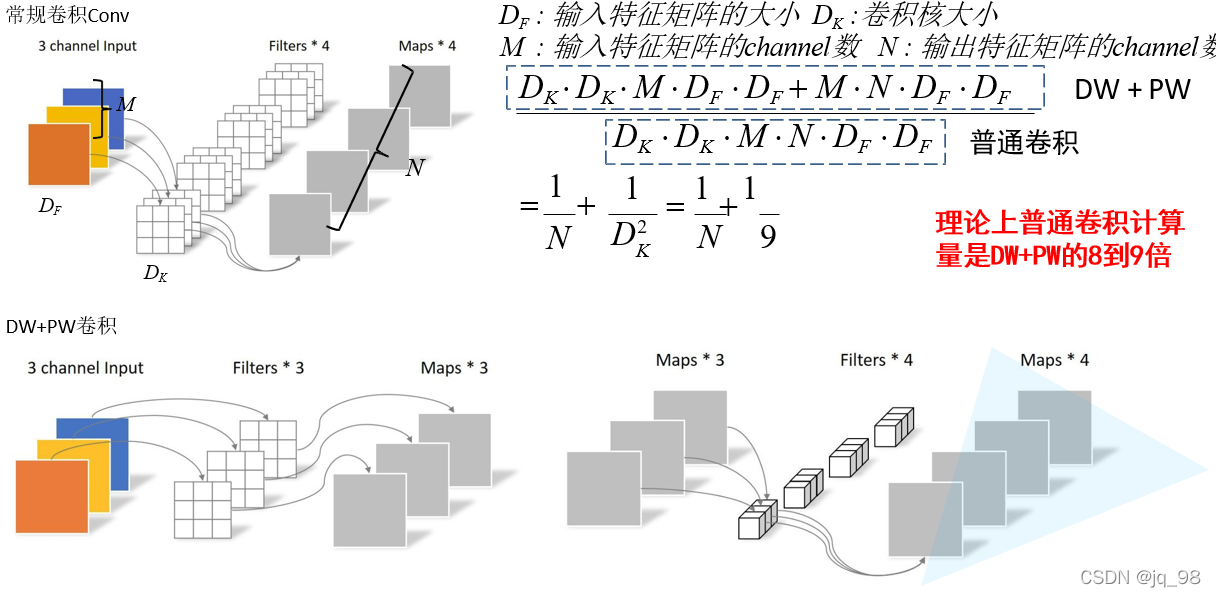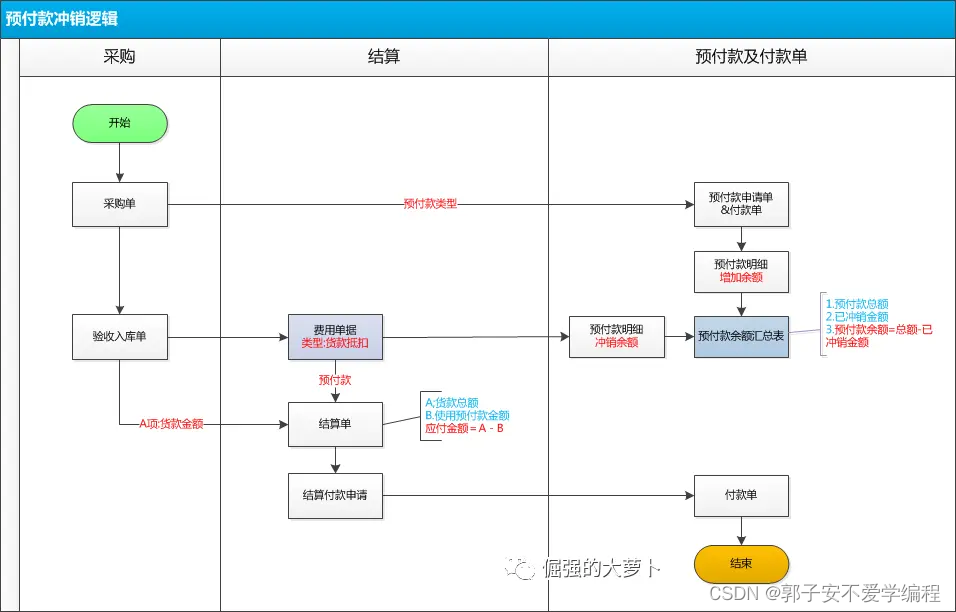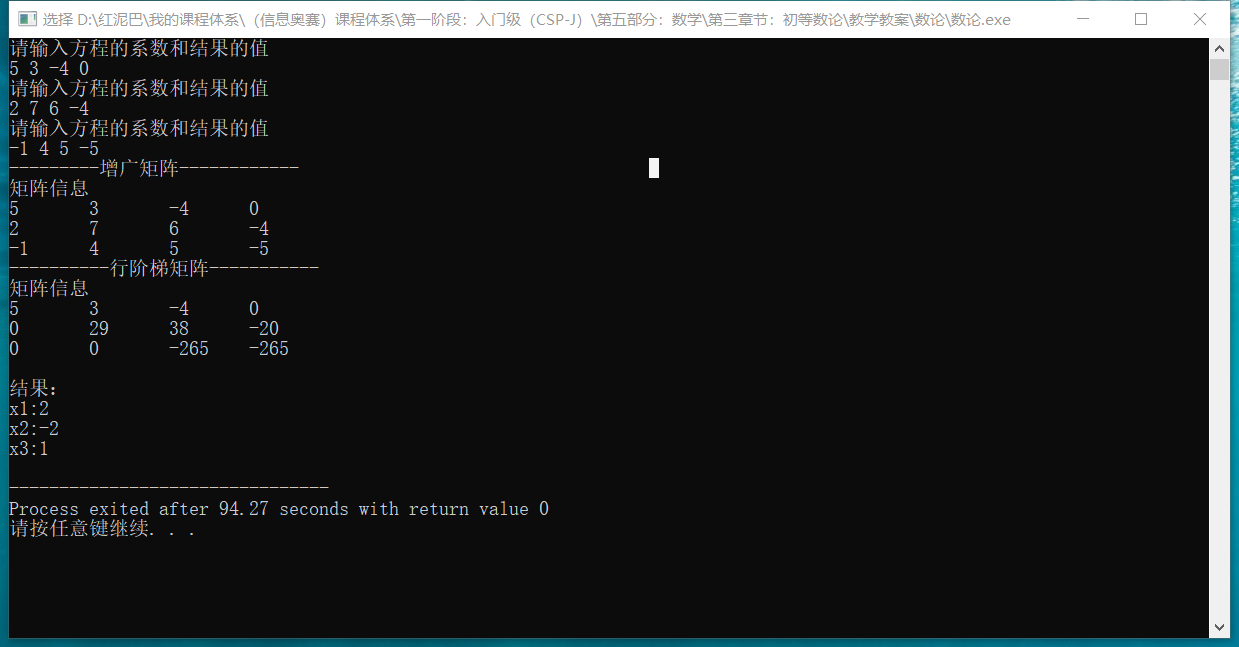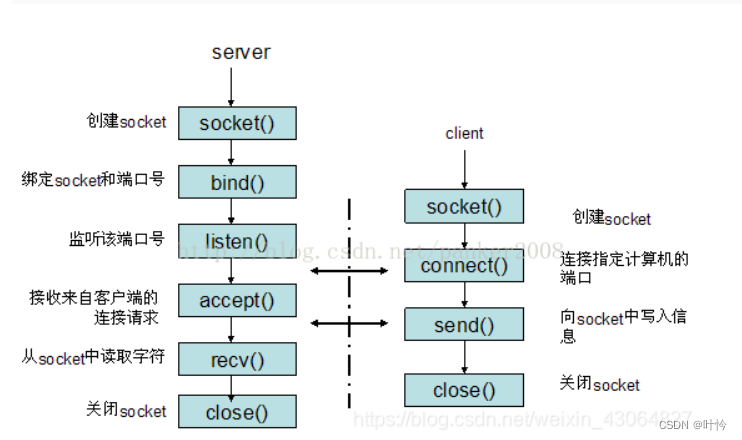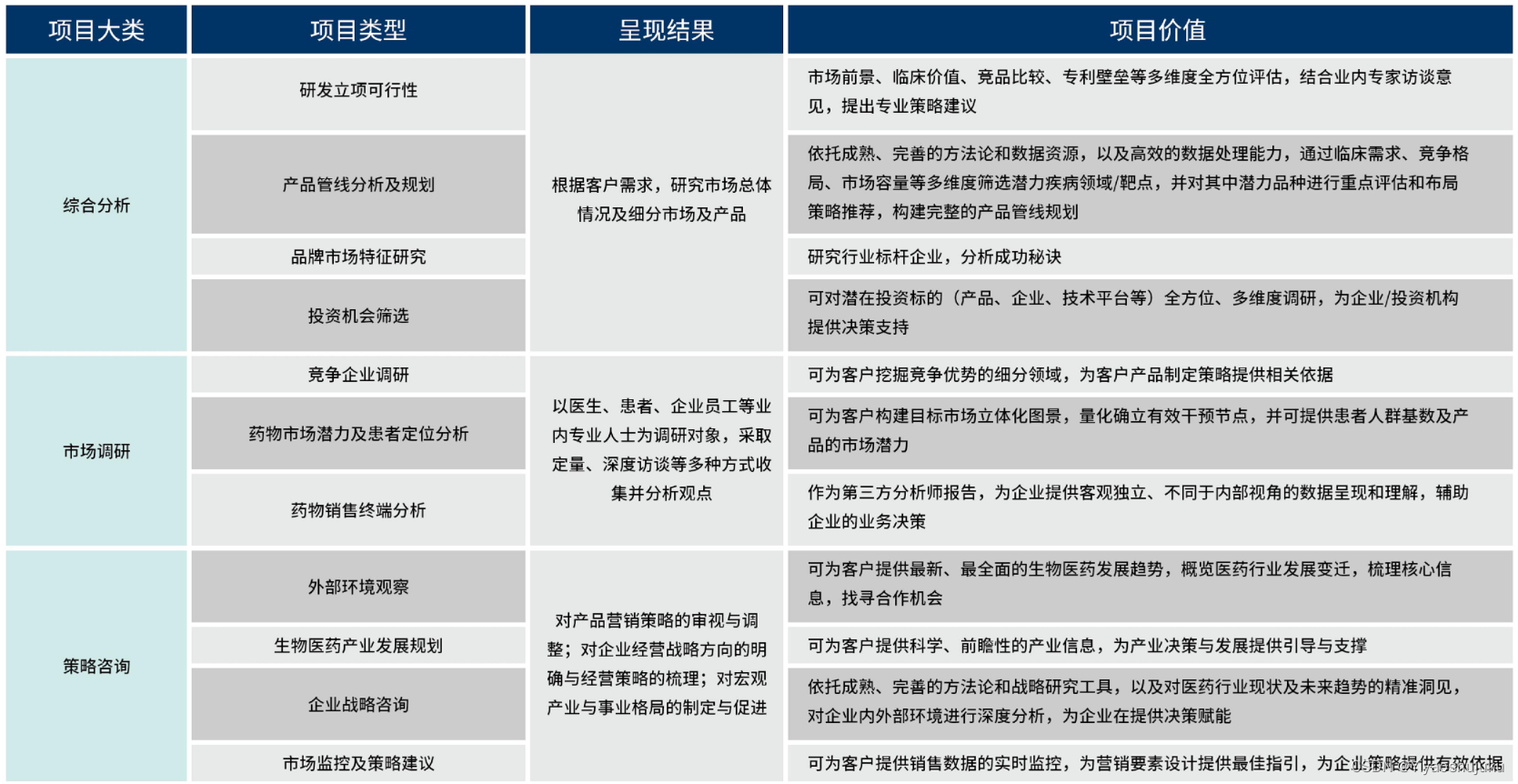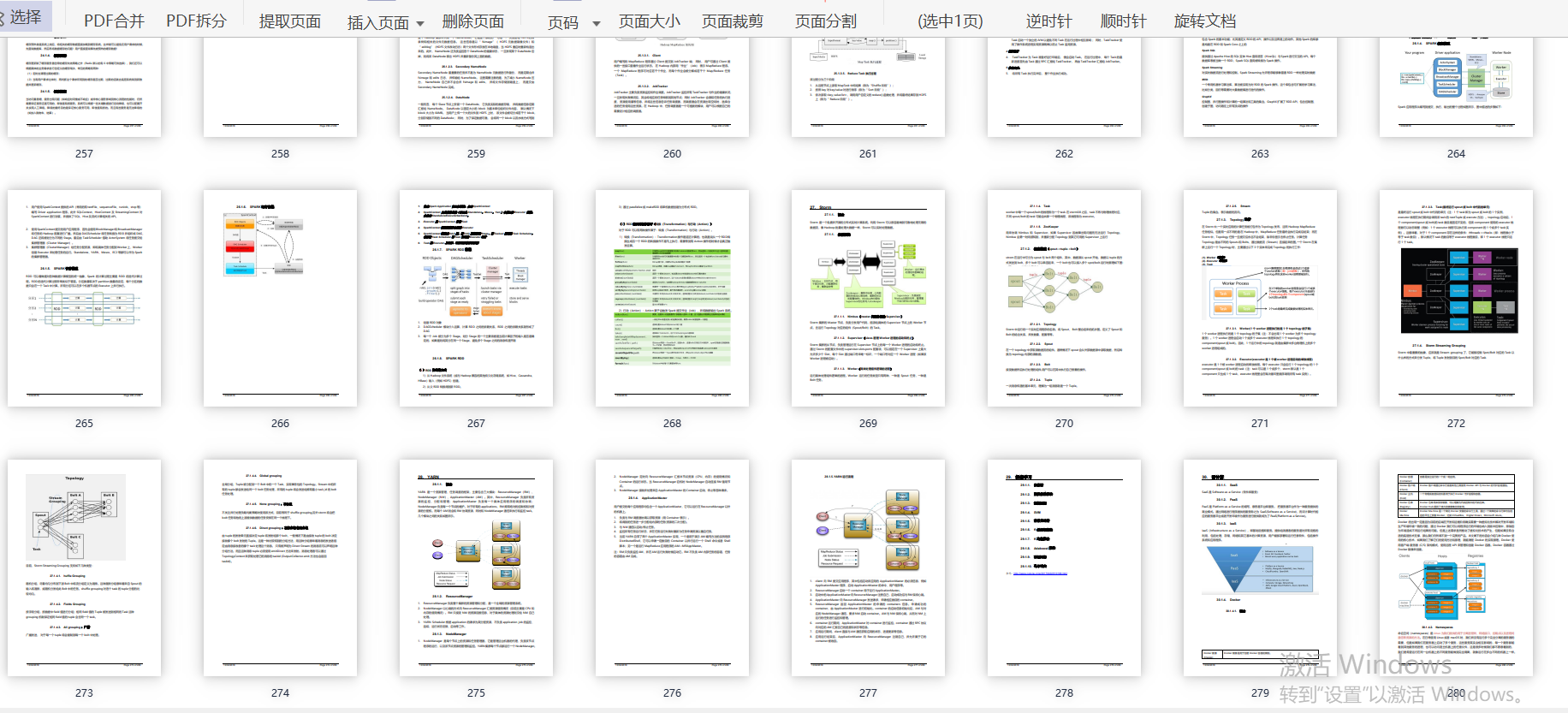方式一:
@app.route("/download1")
def download():
# return send_file('test.exe', as_attachment=True)
return send_file('2.jpg')
# return send_file('1.mp3')
如果不加as_attachment参数,则会向浏览器发送文件,比如发送一张图片:

发送mp3
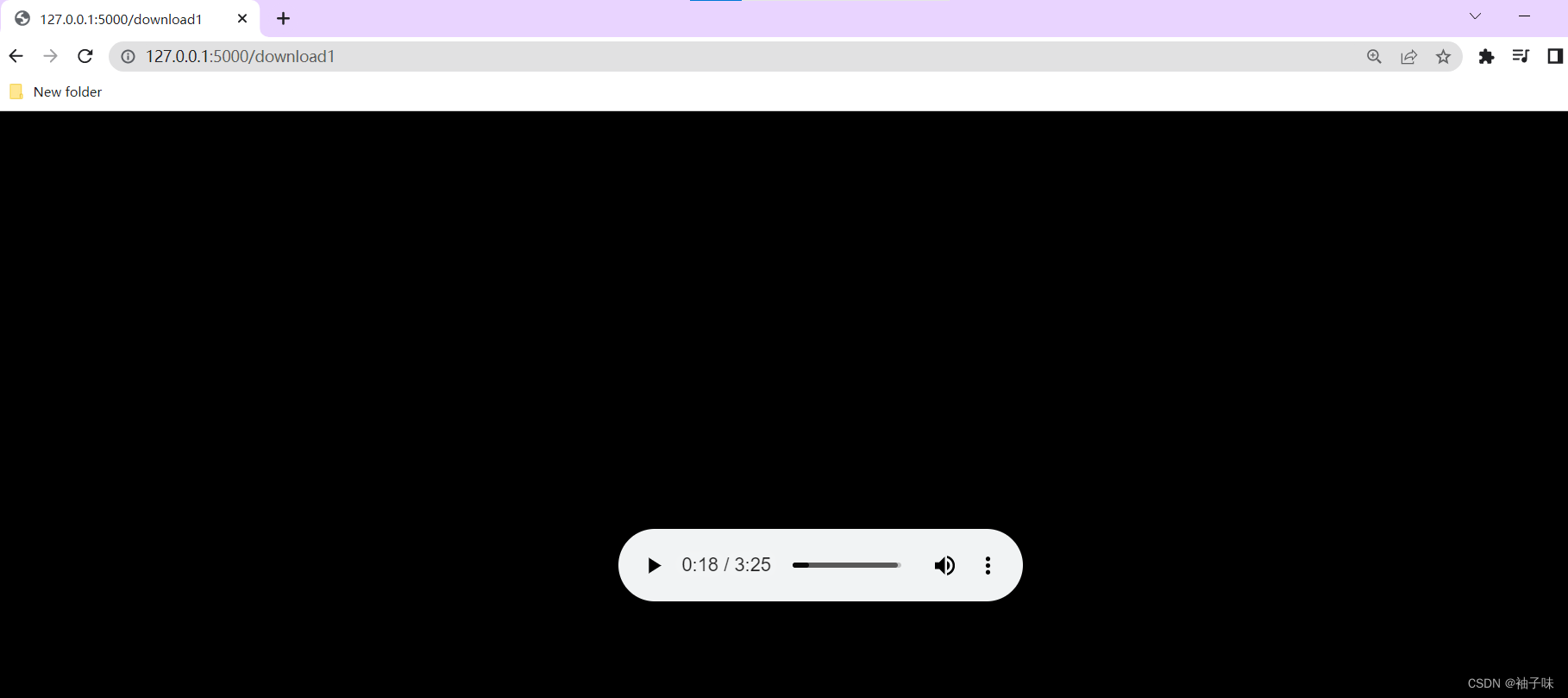
加上as_attachment参数,则会下载文件。
方式二:
通过Response来实现
部分代码如下:
@app.route("/download2")
def download2():
file_name = "1.jpg"
#https://www.runoob.com/http/http-content-type.html
response = Response(file_send(file_name), content_type='image/jpeg')
response.headers["Content-disposition"] = f'attachment; filename={file_name}'
return response
其中content-type要根据文件的具体类型来设置,具体参考如下常见的:
content-type(内容类型),一般是指网页中存在的 content-type,用于定义网络文件的类型和网页的编码,决定浏览器将以什么形式、什么编码读取这个文件,content-type 标头告诉客户端实际返回的内容的内容类型。
常见的媒体格式类型如下:
-
text/html : HTML格式
-
text/plain :纯文本格式
-
text/xml : XML格式
-
image/gif :gif图片格式
-
image/jpeg :jpg图片格式
-
image/png:png图片格式
-
application/xhtml+xml :XHTML格式
-
application/xml: XML数据格式
-
application/atom+xml :Atom XML聚合格式
-
application/json: JSON数据格式
-
application/pdf:pdf格式
-
application/msword : Word文档格式
-
application/octet-stream : 二进制流数据(如常见的文件下载)
-
application/x-www-form-urlencoded : 中默认的encType,form表单数据被编码为key/value格式发送到服务器(表单默认的提交数据的格式)
完整代码:
app.py
from flask import Flask,send_file,Response
from flask_cors import CORS
app = Flask(__name__)
CORS(app,resources={r"/*": {"origins": "*"}},supports_credentials=True)
@app.route("/download1")
def download():
# return send_file('test.exe', as_attachment=True)
# return send_file('2.jpg')
return send_file('1.mp3')
# filefold file
# return send_from_directory('./', 'test.exe', as_attachment=True)
# send big file
def file_send(file_path):
with open(file_path, 'rb') as f:
while 1:
data = f.read(20 * 1024 * 1024) # per 20M
if not data:
break
yield data
@app.route("/download2")
def download2():
file_name = "1.jpg"
response = Response(file_send(file_name), content_type='image/jpeg')
response.headers["Content-disposition"] = f'attachment; filename={file_name}'
return response
if __name__ == '__main__':
app.config['JSON_AS_ASCII'] = False
app.run(debug=True)
